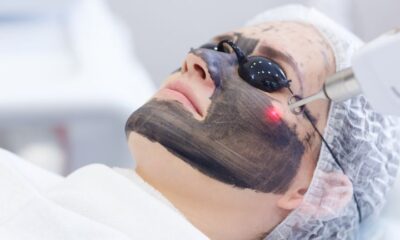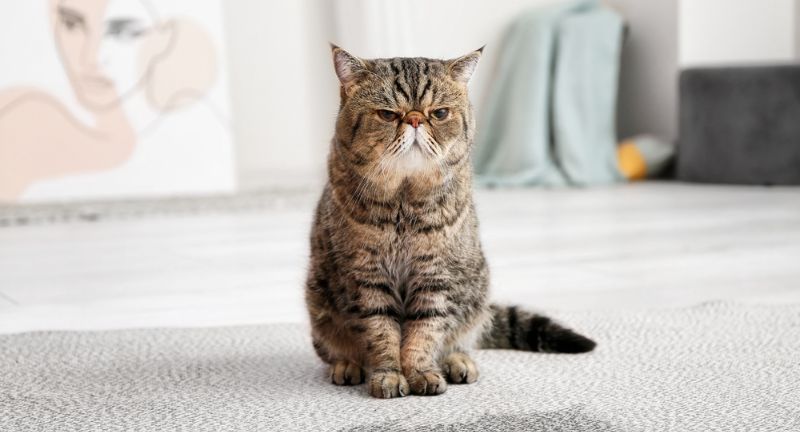
Shutterstock
White vinegar is a popular household cleaner due to its affordability and effectiveness. However, its acidic nature can cause damage to certain surfaces and materials. Understanding what not to clean with vinegar is crucial to avoid costly repairs and preserve the longevity of your belongings. In this guide, we’ll explore 15 items and surfaces that should never be cleaned with white vinegar. By following these tips, you can ensure your home remains both clean and undamaged.
Granite and Marble Countertops
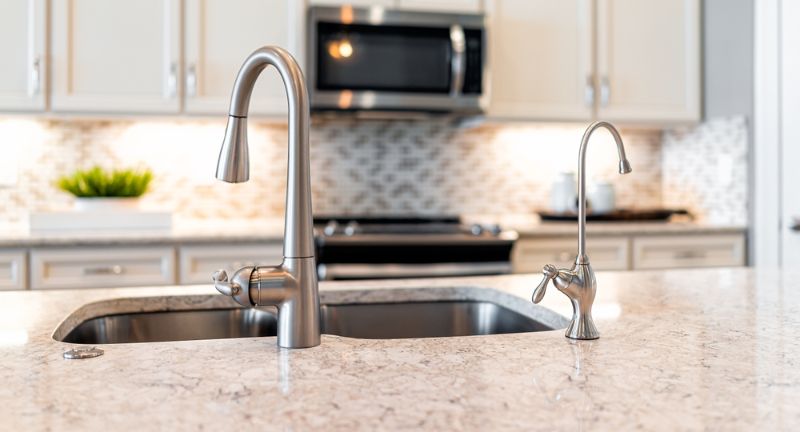
Shutterstock
The acid in vinegar can etch and dull the surface of granite and marble countertops. This not only compromises the sealant but also leaves the stone vulnerable to staining and damage. Over time, using vinegar can result in an unsightly and less durable surface. It is best to use pH-neutral cleaners designed for stone surfaces to maintain their beauty and integrity.
Natural Stone Floor Tiles

Shutterstock
Natural stone floor tiles like granite, marble, and limestone are also sensitive to acidic cleaners like vinegar. The acid can cause etching and dulling, which ruins the finish of the stone. Using vinegar repeatedly can wear down the surface, making it more susceptible to damage. It’s advisable to use cleaners specifically formulated for natural stone to ensure longevity and aesthetic appeal.
Egg Spills
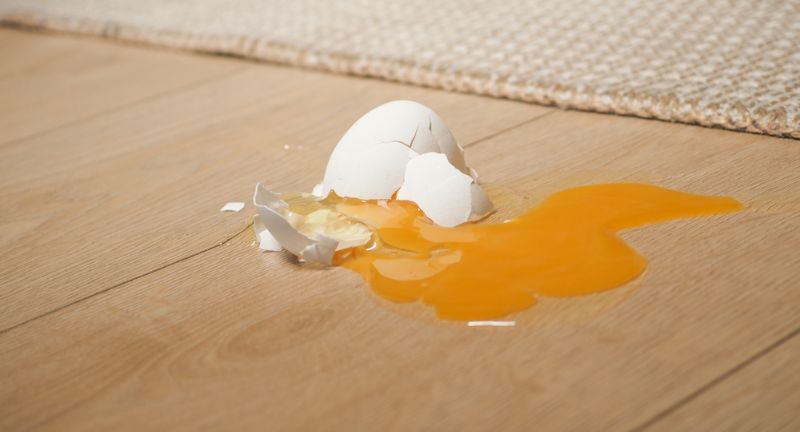
Shutterstock
When vinegar is used to clean up an egg spill, it can cause the proteins in the egg to coagulate. This reaction makes the egg more difficult to clean up rather than easier. The coagulated egg can become sticky and adhere more strongly to surfaces. It is more effective to use soapy water or an enzyme-based cleaner to handle egg spills.
Irons
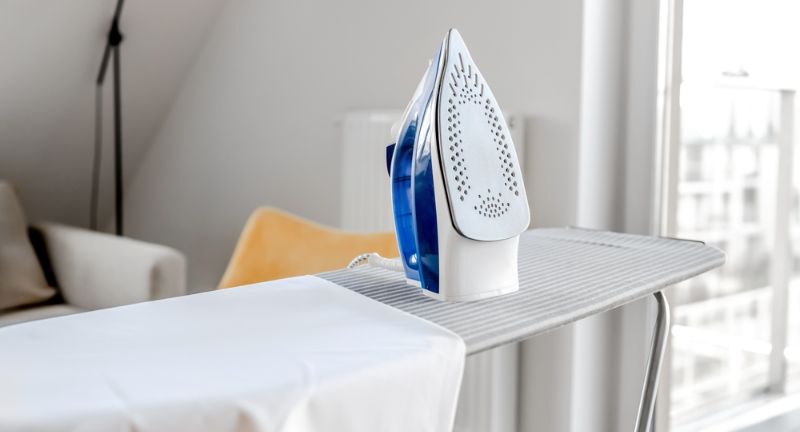
Shutterstock
Cleaning irons with vinegar can corrode the internal parts. This corrosion can lead to malfunctioning and reduced efficiency of the iron. Manufacturers often provide specific cleaning instructions that do not include vinegar. Following these guidelines helps maintain the iron’s performance and longevity.
Hardwood Floors

Shutterstock
Although some people use diluted vinegar solutions for hardwood floors, it can strip away the finish over time. This stripping leaves the wood looking dull and aged. The finish is essential for protecting the wood from moisture and wear. Instead, use cleaners specifically designed for hardwood floors to maintain their appearance and durability.
Certain Electronic Screens
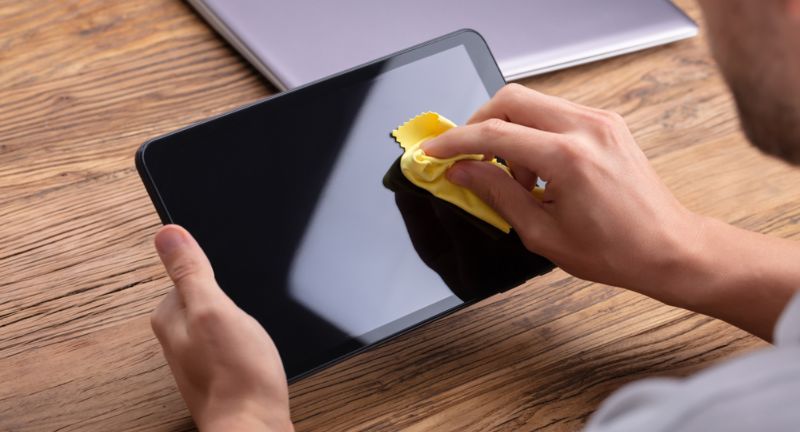
Shutterstock
Using vinegar on electronic screens like those on smartphones, tablets, and laptops can be damaging. The acid can erode the oleophobic coating that reduces fingerprints and smudges. Without this coating, screens become more prone to scratches and harder to clean. It is safer to use cleaners specifically made for electronic screens to avoid such damage.
Waxed Furniture and Flooring
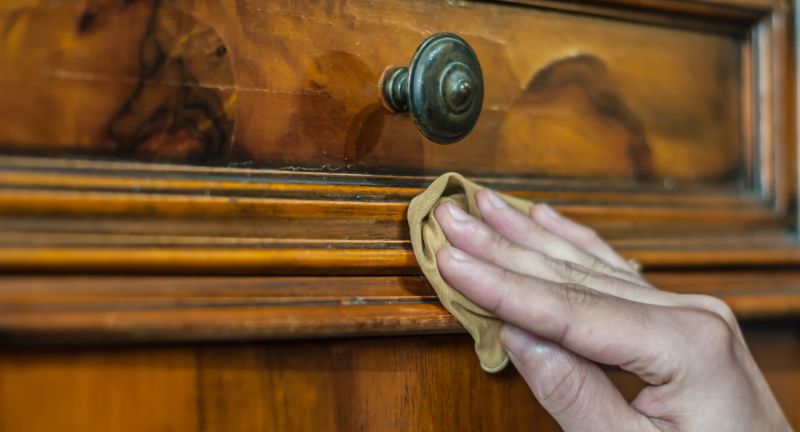
Shutterstock
Vinegar can dissolve wax coatings on furniture and flooring. This dissolution leaves the surface dull and unprotected. Wax is used to add a layer of shine and protection, which vinegar strips away. To maintain the finish, it’s better to use products intended for waxed surfaces.
Aluminum Cookware
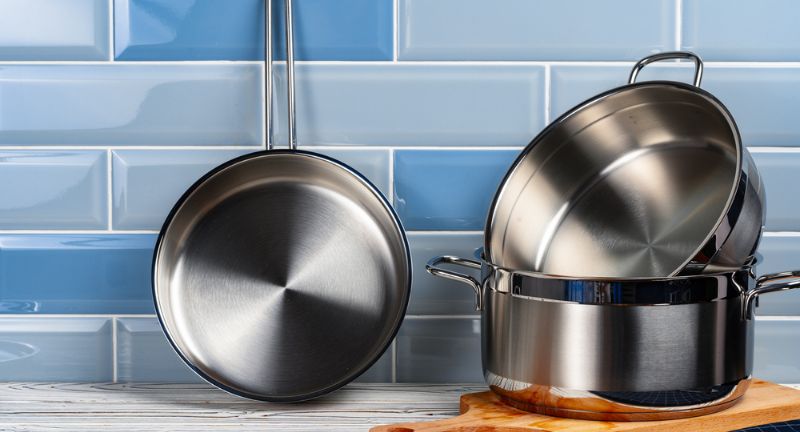
Shutterstock
The acid in vinegar can cause pitting and corrosion on aluminum cookware. Over time, this damage can compromise the integrity and appearance of the cookware. Using vinegar repeatedly can lead to holes and weakened spots in the metal. It is best to use mild dish soap and water for cleaning aluminum items.
Dishwashers

Shutterstock
While vinegar can help with mineral buildup in dishwashers, using it too frequently or in high concentrations can be harmful. The acid can damage rubber seals and hoses inside the dishwasher. This damage can lead to leaks and malfunctions over time. It’s better to use products specifically designed for cleaning dishwashers.
Washing Machines
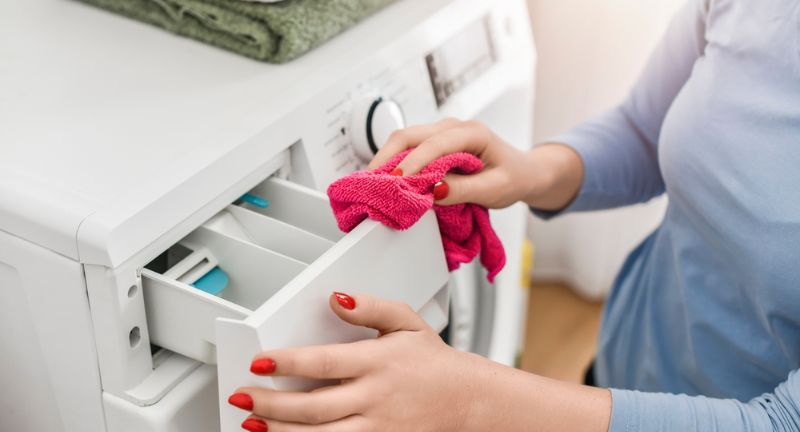
Shutterstock
Using vinegar in washing machines can degrade rubber components like seals and hoses. This degradation can cause leaks and other issues, compromising the machine’s functionality. Although vinegar can help with odors and buildup, it’s not suitable for frequent use in washing machines. Using manufacturer-recommended cleaning products is a safer choice.
Knives
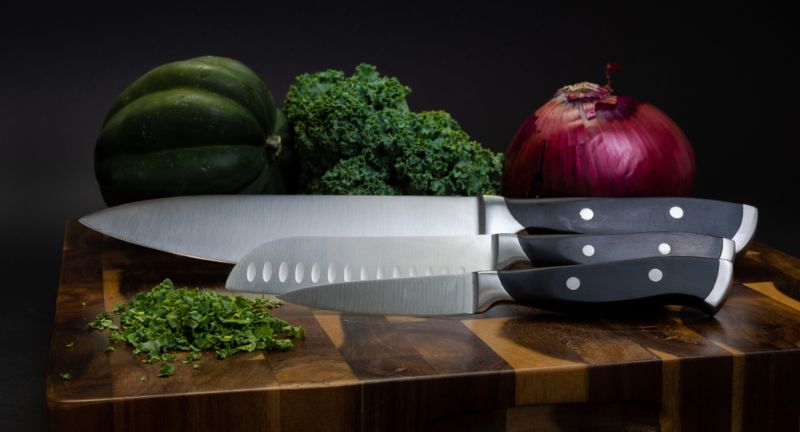
Shutterstock
Vinegar can corrode the metal on kitchen knives, dulling the blades and potentially causing rust spots. This corrosion weakens the knives and reduces their effectiveness. Over time, repeated exposure to vinegar can cause significant damage. It is better to clean knives with mild dish soap and water, ensuring they are dried thoroughly afterward.
Carpet Odors

Shutterstock
While vinegar can be used for some carpet stains, its strong smell can linger in the fibers. This lingering odor can mix with other smells, creating an unpleasant scent. Additionally, the acidic nature of vinegar can damage certain carpet fibers. It is more effective to use carpet cleaners specifically formulated for removing odors and stains.
Pet Messes

Shutterstock
The smell of vinegar can attract pets back to the same spot to mark their territory again. This defeats the purpose of cleaning the mess in the first place. Pets might associate the vinegar smell with their own scent, encouraging repeat accidents. Enzyme-based cleaners are more effective for thoroughly removing pet messes and odors.
Pearls
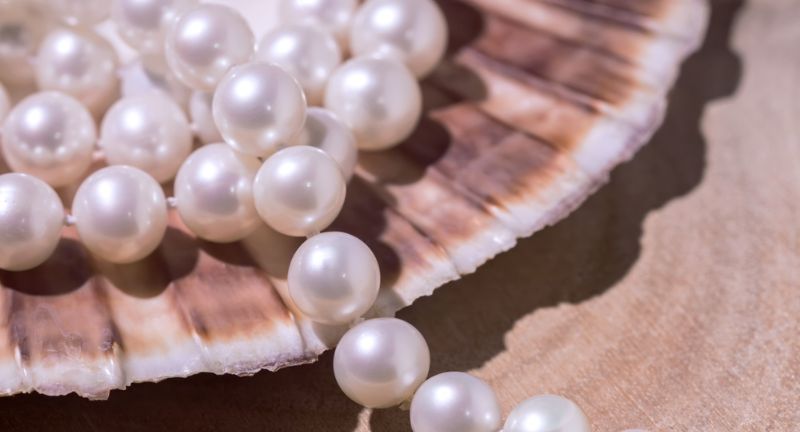
Shutterstock
Vinegar can erode and damage the surface of pearls, causing them to lose their luster and value. The acid in vinegar is too harsh for the delicate nacre that makes up pearls. Over time, exposure to vinegar can lead to pitting and dulling. It is best to clean pearls with a soft, damp cloth and store them properly to maintain their beauty.
Certain Fabrics
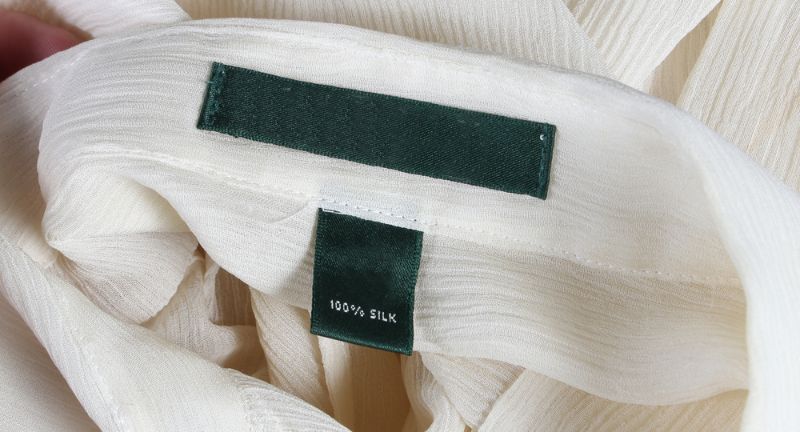
Shutterstock
Delicate fabrics like silk or those with colors that can bleed should not be cleaned with vinegar. The acid can weaken the fibers and cause color fading. Vinegar can also leave an unpleasant odor in these fabrics. To preserve the quality and appearance of delicate fabrics, it is best to use gentle detergents and follow care instructions.
Conclusion
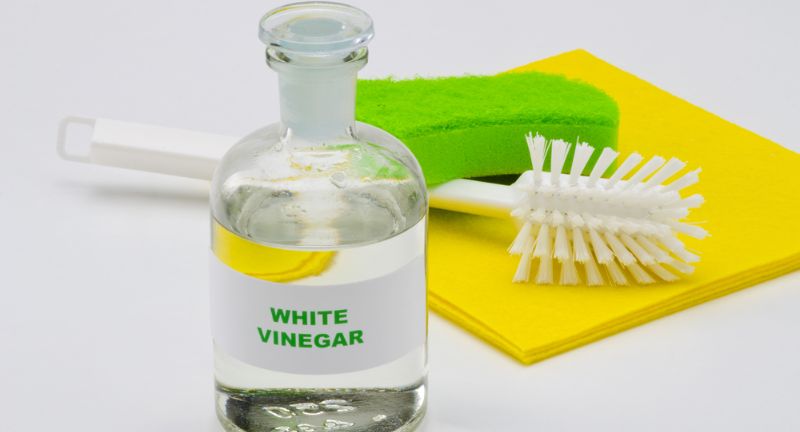
Shutterstock
While white vinegar is a versatile and effective cleaner, it’s important to recognize its limitations. Using it on the wrong surfaces can lead to damage and costly repairs. By avoiding the items and surfaces mentioned in this guide, you can keep your home in excellent condition. Always consider the specific cleaning needs of different materials and opt for suitable alternatives when necessary. With the right approach, you can enjoy a clean, well-maintained home without the risks associated with improper use of vinegar.
























